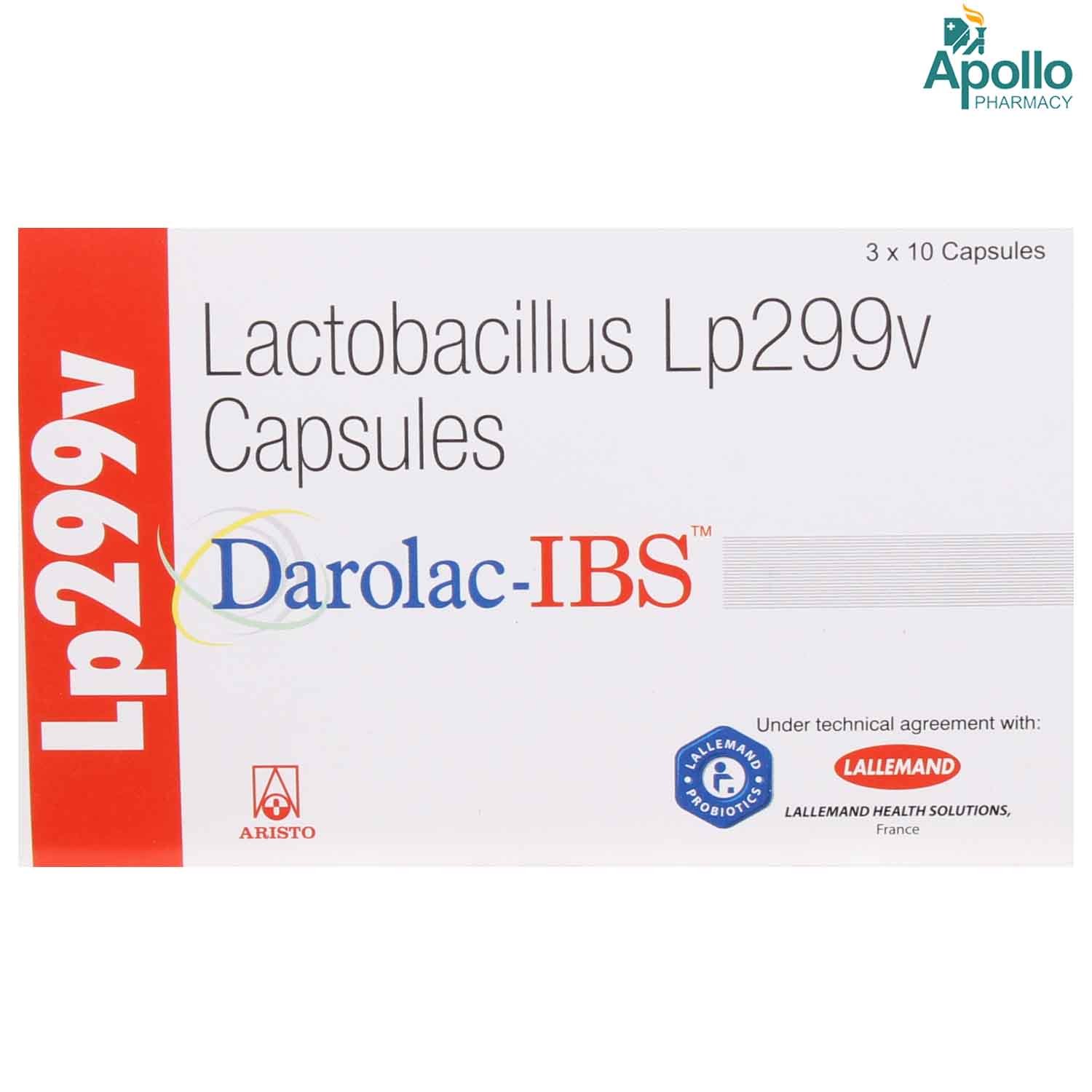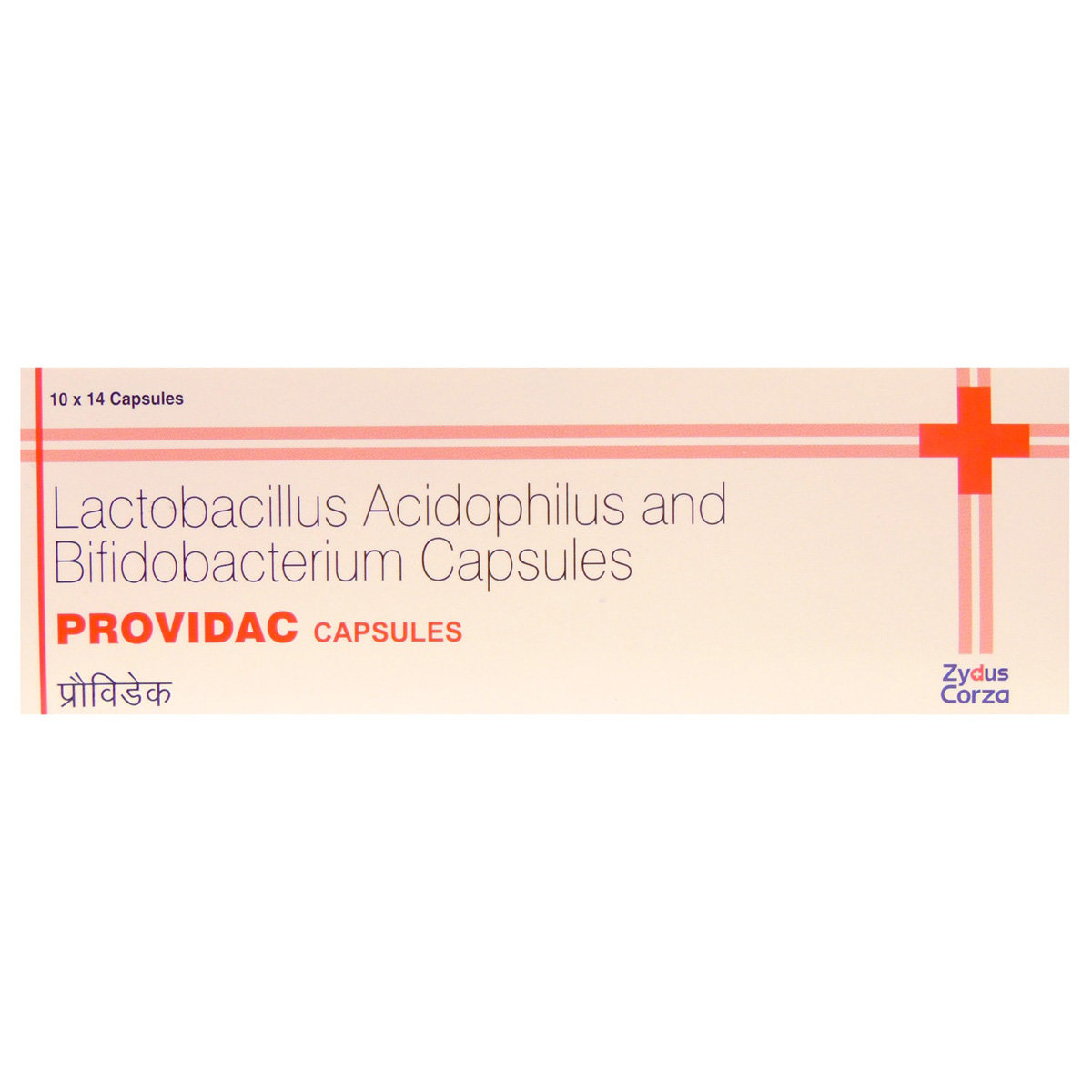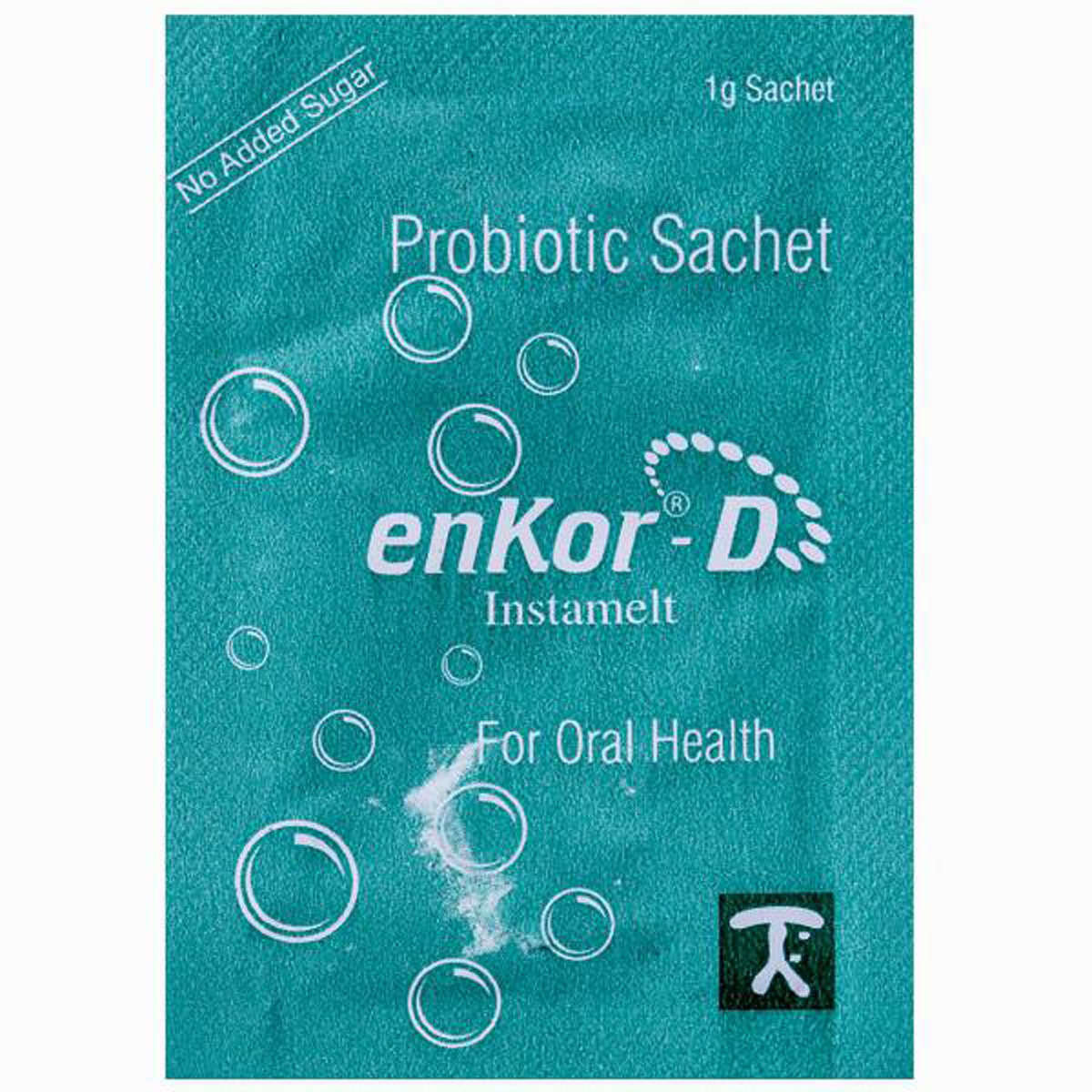Lactobacillus Acidophilus
About Lactobacillus Acidophilus
Lactobacillus Acidophilus belongs to the class of 'probiotics', primarily used to treat diarrhoea. Lactobacillus Acidophilus also effectively treats irritable bowel syndrome, lactose intolerance, Crohn's disease (inflammatory bowel disease), and bacterial overgrowth in the intestines. Diarrhoea is a condition in which bowel movements are too frequent, leading to loose and watery stools. Acute diarrhoea is a common problem and generally lasts for one or two days, whereas chronic diarrhoea lasts four weeks.
Lactobacillus Acidophilus contains Lactobacillus acidophilus. It is a probiotic or friendly bacteria (live bacteria that has health benefits). Lactobacillus Acidophilus is a beneficial lactic acid-producing bacteria that supports the growth of friendly bacteria in the intestine and maintains a healthy balance of microflora in the gut environment. It is used to restore good bacteria and reduce stomach upset and diarrhoea. Lactobacillus Acidophilus treats infectious diarrhoea as well as antibiotic-associated diarrhoea.
Your doctor will decide the dosage and duration of Lactobacillus Acidophilus based on your medical condition. Like all medicines, Lactobacillus Acidophilus also causes side effects, although not everybody gets them. Common side effects of Lactobacillus Acidophilus include bloating or intestinal gas. If any of these effects persist or worsen, seek medical advice promptly.
Brief your medical history to the doctor if you are allergic to Lactobacillus Acidophilus or any of its components. Let your doctor know if you have any kidney/liver diseases, ulcerative colitis (inflammation of the colon), short bowel syndrome (lack of functional small intestine), heart problems (damaged heart valves), and weakened immune system (HIV/AIDS) before starting Lactobacillus Acidophilus. It is advised to consult your doctor if you are pregnant or breastfeeding before taking Lactobacillus Acidophilus. Lactobacillus Acidophilus is likely safe in children and can be used when advised by the doctor.
Uses of Lactobacillus Acidophilus
Medicinal Benefits
Lactobacillus Acidophilus contains Lactobacillus acidophilus. It is a probiotic or friendly bacteria that produce lactic acid to support the growth of friendly bacteria in the intestine. Thus, it helps maintain a healthy balance of microflora in the gut environment. Lactobacillus acidophilus also effectively treats irritable bowel syndrome, lactose intolerance, Crohn's disease (inflammatory bowel disease), and bacterial overgrowth in the intestines.
Directions for Use
Storage
Side Effects of Lactobacillus Acidophilus
- Bloating
- Intestinal gas
Drug Warnings
Let your doctor know if you have any kidney/liver diseases, ulcerative colitis (inflammation of the colon), short bowel syndrome (lack of functional small intestine), heart problems (damaged heart valves), and weakened immune system (HIV/AIDS) before starting Lactobacillus Acidophilus. It is not recommended to use various forms of Lactobacillus at a time. This may lead to an increased risk of overdose. If you are using Lactobacillus Acidophilus while undergoing treatment with any other antibiotics, please avoid taking Lactobacillus Acidophilus within 2 hours after taking any kind of antibiotic medicines. It is advised to consult your doctor if you are pregnant or breastfeeding before taking Lactobacillus Acidophilus. Lactobacillus Acidophilus is likely safe in children and can be used when advised by the doctor.
Drug Interactions
Drug-Drug Interaction: Lactobacillus Acidophilus may interact with steroids (prednisone, dexamethasone, methylprednisolone), antibiotics, and immunosuppressants.
Drug-Food Interaction: Avoid alcohol intake while using Lactobacillus Acidophilus.
Drug-Disease Interaction: Before taking Lactobacillus Acidophilus, let your doctor know if you have any liver or kidney diseases, ulcerative colitis (inflammation of the colon), short bowel syndrome (lack of functional small intestine), heart problems (damaged heart valves), and weakened immune system (HIV/AIDS).
Drug-Drug Interactions Checker List:
Safety Advice

Alcohol
cautionAvoid taking alcohol while using Lactobacillus Acidophilus since it may worsen the disease condition and side effects.

Pregnancy
consult your doctorLactobacillus Acidophilus is likely safe to be used during pregnancy. Please consult your doctor before taking Lactobacillus Acidophilus if you are pregnant or planning to conceive.

Breast Feeding
consult your doctorLactobacillus Acidophilus is possibly safe when advised by your doctor during breastfeeding. Please consult your doctor before taking Lactobacillus Acidophilus if you are breastfeeding.

Driving
not applicableLactobacillus Acidophilus does not interfere with your driving ability.

Liver
cautionLet your doctor know if you have any history of liver diseases before taking Lactobacillus Acidophilus.

Kidney
cautionLet your doctor know if you have any history of kidney diseases before taking Lactobacillus Acidophilus.

Children
cautionLactobacillus Acidophilus is recommended for use in children only if the doctor has advised it.
Habit Forming
Diet & Lifestyle Advise
- Drink plenty of fluids to avoid dehydration and electrolyte imbalance.
- Avoid alcohol consumption with Lactobacillus Acidophilus as it may cause tiredness, drowsiness, or lack of concentration.
- Eat small meals at short intervals. Eat food that is at room temperature.
- Fired and oily food should not be taken as it might worsen your condition.
- Do mild to moderate exercise.
- Manage stress, eat healthily, drink plenty of water, exercise regularly, and get plenty of sleep.
Special Advise
If your diarrhoea persists for more than two weeks, please reach out to a doctor.
Patients Concern
Disease/Condition Glossary
Diarrhoea: It is a condition in which bowel movements are too frequent, leading to loose and watery stools. Acute diarrhoea is a common problem that generally lasts for one to two days, whereas chronic diarrhoea lasts for four weeks. Diarrhoea can be due to various reasons, including infection, antibiotics, a disease (inflammatory bowel disease), and other medicines.
FAQs
Lactobacillus Acidophilus contains Lactobacillus acidophilus. It is a live bacteria, or probiotic that restores good bacteria and reduces stomach upset and diarrhoea.
Lactobacillus Acidophilus should be used with proper caution and doctor consultation if you have any liver or kidney disease, ulcerative colitis (inflammation of the colon), short bowel syndrome (lack of functional small intestine), heart problems (damaged heart valves), and weakened immune system (HIV/AIDS).
Do not stop using Lactobacillus Acidophilus even if you feel better until the doctor's advised course is finished. Your symptoms may improve before the infection is completely cured.
It is not recommended to use various forms of Lactobacillus at a time. This may lead to an increased risk of overdose. You are advised only to use the doctor-recommended formulation in its righteous dosage.
If you are using Lactobacillus Acidophilus while undergoing treatment with any other antibiotics, please avoid taking Lactobacillus Acidophilus within 2 hours after taking any antibiotic medicines. Please consult your doctor for more information.








